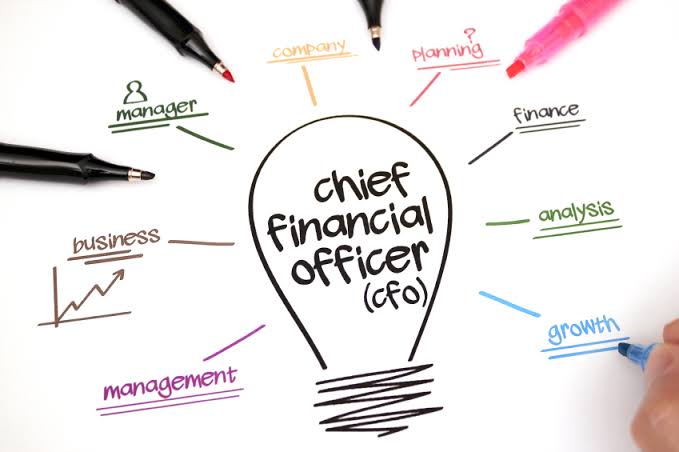In a year defined by uncertainty, Adri Führi, Group CFO at e4, reflects on the accelerated rate of change and the increased focus on the value of the CFO role brought on by the Covid-19 pandemic while offering insight into what may lie ahead after the worst of the Covid-19 crisis is over.
The pandemic has demonstrated the value of CFO and its vital importance during times of crisis. Not only does the CFO have the full financial picture of the organisation at hand, but is relied upon to optimise its financial wellbeing and put safeguards in place to protect stakeholders from the negative effects of extreme uncertainty. For obvious reasons, risk management and oversight have become more important than ever in crafting the right strategies and generating business value.
Navigating through unprecedented circumstances is, of course, a challenge like no other, but there are measures a CFO can implement to ensure the best possible outcomes, irrespective of the nature of the crisis at hand. Firstly, it is vital to leverage off relationships. Clear and frequent communication across the executive leadership team and with employees, ensures everyone is aware of key decisions at the right time. Of equal importance is financial analysis of everything relevant on an ongoing basis. The initial shocks of Covid-19 made the business landscape very fluid, with many variables and therefore it was important to understand what was happening and why it was happening. Beyond ongoing communication and careful financial analysis, reading and listening to experts is invaluable to enhance an informed point of view prior to applying certain operational improvements.
This year has also seen an interesting shift in how forecasting is viewed and implemented. Existing forecast models based on ‘normal’ working conditions have had to be quickly
re-evaluated. At e4, we looked at various scenarios until the end of 2021. Our action plans were implemented immediately, but there was a realisation that we needed to continue monitoring conditions and adjust our approach where required.
More stakeholders now understand and have a greater appreciation of the value the CFO brings to the table as a result of current events. Recent research by the International Institute of Management Accountants and the Association of Chartered Certified Accountants, found that 72% of respondents believe the role of the CFO will either “increase or increase significantly” in importance going forward.
In 2021, CFOs are likely to continue managing the various headwinds created by the Covid-19 upheaval. Being adaptable to change with a strong and committed team may well make all the difference to how rapidly organisations recover from the difficulties of the current moment. Clearly, almost every facet of business has changed with the pandemic. What is also clear is that CFOs can also use unexpected events to make the right decisions that drive business performance.




